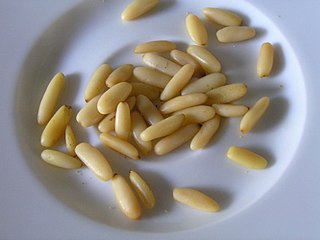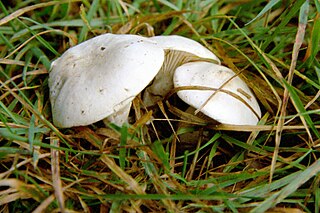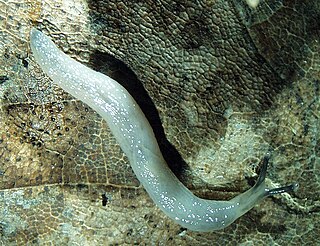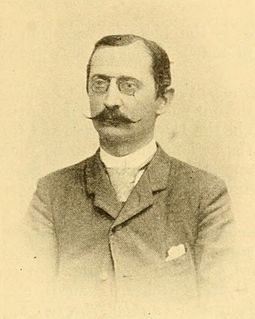
Pine nuts, also called piñón, pinoli, or pignoli, are the edible seeds of pines. About 20 species of pine produce seeds large enough to be worth harvesting; in other pines, the seeds are also edible, but are too small to be of notable value as a human food.

Quercus suber, commonly called the cork oak, is a medium-sized, evergreen oak tree in the section Quercus sect. Cerris. It is the primary source of cork for wine bottle stoppers and other uses, such as cork flooring and as the cores of cricket balls. It is native to southwest Europe and northwest Africa. In the Mediterranean basin the tree is an ancient species with fossil remnants dating back to the Tertiary period.

Pinus nigra, the Austrian pine or black pine, is a moderately variable species of pine, occurring across southern Mediterranean Europe from the Iberian Peninsula to the eastern Mediterranean, on the Anatolian peninsula of Turkey on Corsica and Cyprus as well as Crimea and in the high mountains of Northwest Africa.

In biology, a taxon with a disjunct distribution is one that has two or more groups that are related but considerably separated from each other geographically. The causes are varied and might demonstrate either the expansion or contraction of a species' range.

The Spanish slug, also known by its scientific name Arion vulgaris, more commonly known in English-speaking countries under the incorrectly applied Latin name Arion lusitanicus, is a species of air-breathing land slug, a terrestrial pulmonate gastropod mollusk in the family Arionidae, the roundback slugs.
Arion lusitanicus, also known by its common name Portuguese slug, is a species of air-breathing land slug, a terrestrial pulmonate gastropod mollusk in the family Arionidae.

Arionidae, common name the "roundback slugs" or "round back slugs" are a taxonomic family of air-breathing land slugs, terrestrial pulmonate gastropod mollusks in the superfamily Arionoidea.

The Kerry slug or Kerry spotted slug is a species of terrestrial, pulmonate, gastropod mollusc. It is a medium-to-large sized, air-breathing land slug in the family of roundback slugs, Arionidae.
Geomalacus is a genus of large air-breathing land slugs, terrestrial pulmonate gastropod mollusks in the family Arionidae, the roundback slugs.

Clitopilus prunulus, commonly known as the miller or the sweetbread mushroom, is an edible pink-spored basidiomycete mushroom found in grasslands in Europe and North America. Growing solitary to gregarious in open areas of conifer/hardwood forests; common under Bishop pine along the coast north of San Francisco; fruiting shortly after the fall rains. It has a grey to white cap and decurrent gills.

Boettgerilla pallens, common name the worm slug, is a European species of air-breathing land slug, a terrestrial pulmonate gastropod mollusk in the family Boettgerillidae.

Milax gagates, known by the common name greenhouse slug, is a species of air-breathing, keeled, land slug, a shell-less terrestrial gastropod mollusc in the family Milacidae.

Semilimax pyrenaicus is a species of air-breathing land snail, a terrestrial pulmonate gastropod mollusk in the family Vitrinidae. It is a large greyish-brown snail that cannot fully retract into its shell.

Heinrich Rudolf Simroth, was a German zoologist and malacologist. He was a professor of zoology in Leipzig.
Geomalacus anguiformis is a species of air-breathing land slug, a terrestrial pulmonate gastropod mollusc in the family Arionidae, the round back slugs.
Geomalacus malagensis is a species of air-breathing land slug, a terrestrial pulmonate gastropod mollusc in the family Arionidae, the round back slugs.

Felimare cantabrica is a species of colourful sea slug or dorid nudibranch, a marine gastropod mollusc in the family Chromodorididae.

Parmacella valenciennii is a species of air-breathing land slug, a terrestrial pulmonate gastropod mollusk in the family Parmacellidae.

Ariunculus is a genus of air-breathing land slugs in the family Arionidae, the roundback slugs. Sometimes it has been considered as a subgenus of Arion, and sometimes the subgenus Ichnusarion has been raised to generic rank.













